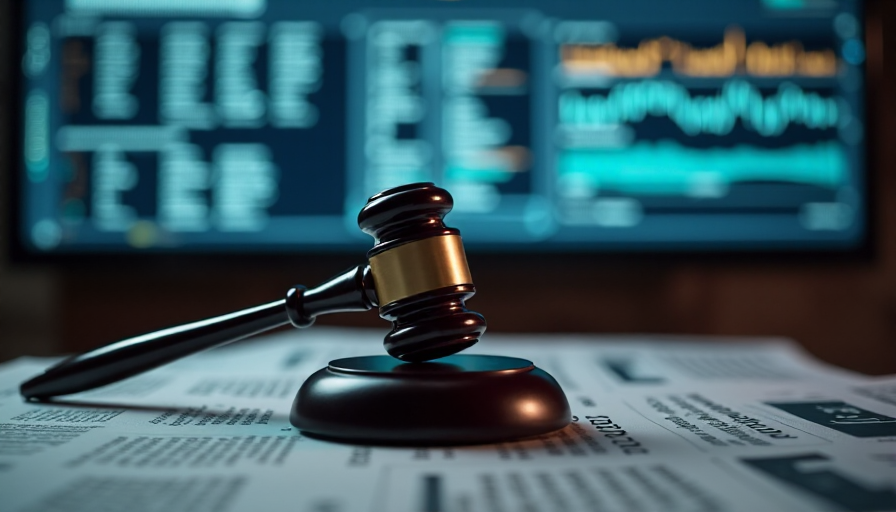
Judge Greenlights Copyright Lawsuit Against OpenAI and Microsoft
A US federal judge has made a significant decision permitting a copyright lawsuit to advance, where newspapers including The New York Times stand accused of having their content used improperly to train artificial intelligence systems. While the decision saw several claims dismissed, the central allegation—that OpenAI and Microsoft exploited journalistic works for commercial gain—remains in force and may soon head toward a jury trial.
The Heart of the Dispute
The lawsuit accuses the tech giants of appropriating vast amounts of copyrighted material from renowned newspapers. Media groups argue that by using their published articles, these companies are not only undermining the integrity of journalism, but also inflicting substantial financial harm on the traditional media industry. The case hinges on the assertion that OpenAI and Microsoft reproduced newspaper content to power generative AI tools, such as ChatGPT, without sufficient protection for copyright laws.
Perspectives from the Parties Involved
New York Times’ Legal Standpoint:
New York Times attorney Ian Crosby praised the judicial decision, stating, "We appreciate Judge Stein's careful consideration of these issues. As the order indicates, all of our copyright claims will continue against Microsoft and OpenAI for their widespread theft of millions of The Times's works, and we look forward to continuing to pursue them." This comment underscores the newspaper's determination to hold the tech giants accountable for what it alleges is a significant breach of copyright law.
Voices from the Media Management:
Frank Pine, executive editor of MediaNews Group and Tribune Publishing, reinforced the sentiment by expressing confidence in the case. He remarked, "The claims the court has dismissed do not undermine the main thrust of our case, which is that these companies have stolen our work and violated our copyright in a way that fundamentally damages our business." Pine’s comments reflect a broader media industry concern over the use of proprietary content in training advanced AI models.
OpenAI and Microsoft’s Stance:
While OpenAI welcomed the dismissal of several claims by stating that its practices are rooted in the principles of fair use and innovation, Microsoft chose to remain silent on the matter. OpenAI emphasized that its AI models are built using publicly available data, supporting a case for transformative usage in generating advanced AI products.
Broader Implications for AI and Copyright
The ongoing litigation illustrates the growing intersection between technology and intellectual property rights. If the core claims hold, the outcome could reshape how AI companies access and utilize published materials, potentially leading to stricter guidelines and more robust protections for traditional media outlets.
This dispute invites a larger conversation about balancing innovation with respect for creative work and could influence substantially how future AI models are trained on copyrighted content.
Conclusion
As the legal battle unfolds, its resolution will likely have a profound impact on both the media and technology landscapes. The case, now moving closer to a jury trial, underscores the challenges at the intersection of copyright law and artificial intelligence. Stakeholders across industries are watching closely to see if a new precedent will emerge, one that might redefine the boundaries between digital innovation and media ownership.
Note: This publication was rewritten using AI. The content was based on the original source linked above.